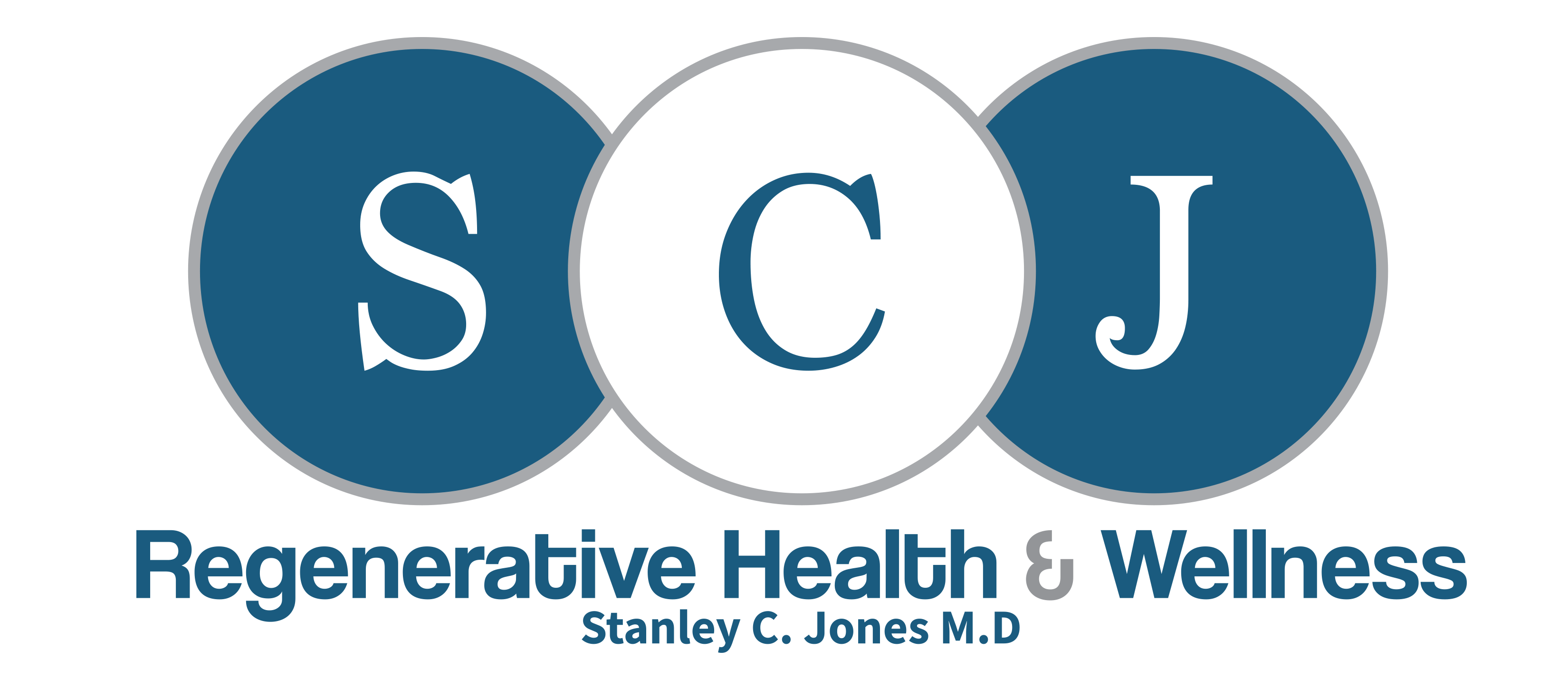
Perimenopause is a transition period from reproductive age to menopause. It begins several years before menopause. It can start between the ages of 30- 40 years. It is characterized by a gradual decrease in estrogen and progesterone production. Perimenopause period can last for a few months or even take up to ten years depending on the individual. The average perimenopausal period has been estimated to be four years. During this period, women experience digestive problems mainly due to hormonal changes in the body. This stage is associated with several signs and symptoms such as indigestion, flatulence, bloating and gas, headache, and much more.
Digestive problems are common to any woman who is approaching menopause or at menopause. These problems are mainly caused by fluctuating hormonal levels. During this period, there is a sudden estrogen spike causing water retention. The reduced estrogen level causes a decrease in bile and excessive production of gas in the intestines. These fluctuations are intensified whenever a woman is under physical or emotional stress, leading to bloating. Bloating is a chronic feeling of fullness and heaviness in the abdominal area.
During this transition period, there is a lack of sufficient enzymes required for a complete breakdown of food in the body. After the age of forty, women are unable to produce enough hydrochloric acid needed to facilitate digestion into components that can be assimilated by the body. As a result, they experience several discomforts in the body.
This situation can be managed by restoring the enzymes required for normal body metabolism. Digestive enzymes should be taken during each meal so as to assist in breaking down food into various components. Supplements of digestive enzymes should include Amylase, Lactase, Bromelain, Peptidase, Lipase, Protease, and Papain. The supplements need to be taken before and after every meal. In addition, total lifestyle and dietary change need to be adopted. Multivitamins, minerals, and a fiber-rich diet should be incorporated in every meal since they act as co-factors in metabolism. Lack of hydrochloric acid can be compensated by taking warm water plus lemon on a daily basis.
Supplements such as evening primrose, Aloe Vera, enteric-coated peppermint, and lemon balm are known to have the ability to soothe digestive problems. Digestive enzymes help the body breaks down sugars, starches, proteins, and fats and reduces bloating and gas. Supplements and digestive enzymes can be obtained from most drug and health food stores. Supplements /enzymes should only be taken after consulting a doctor. Regular exercise can also help manage this condition by decreasing water retention, alleviating bloating, and pumping endorphins throughout your body.
It is not advisable to take the supplements on an empty stomach as this could lead to other complications. It should be noted that the presence of food usually stimulates the secretion of the enzyme in a normal situation, not the other way around.
